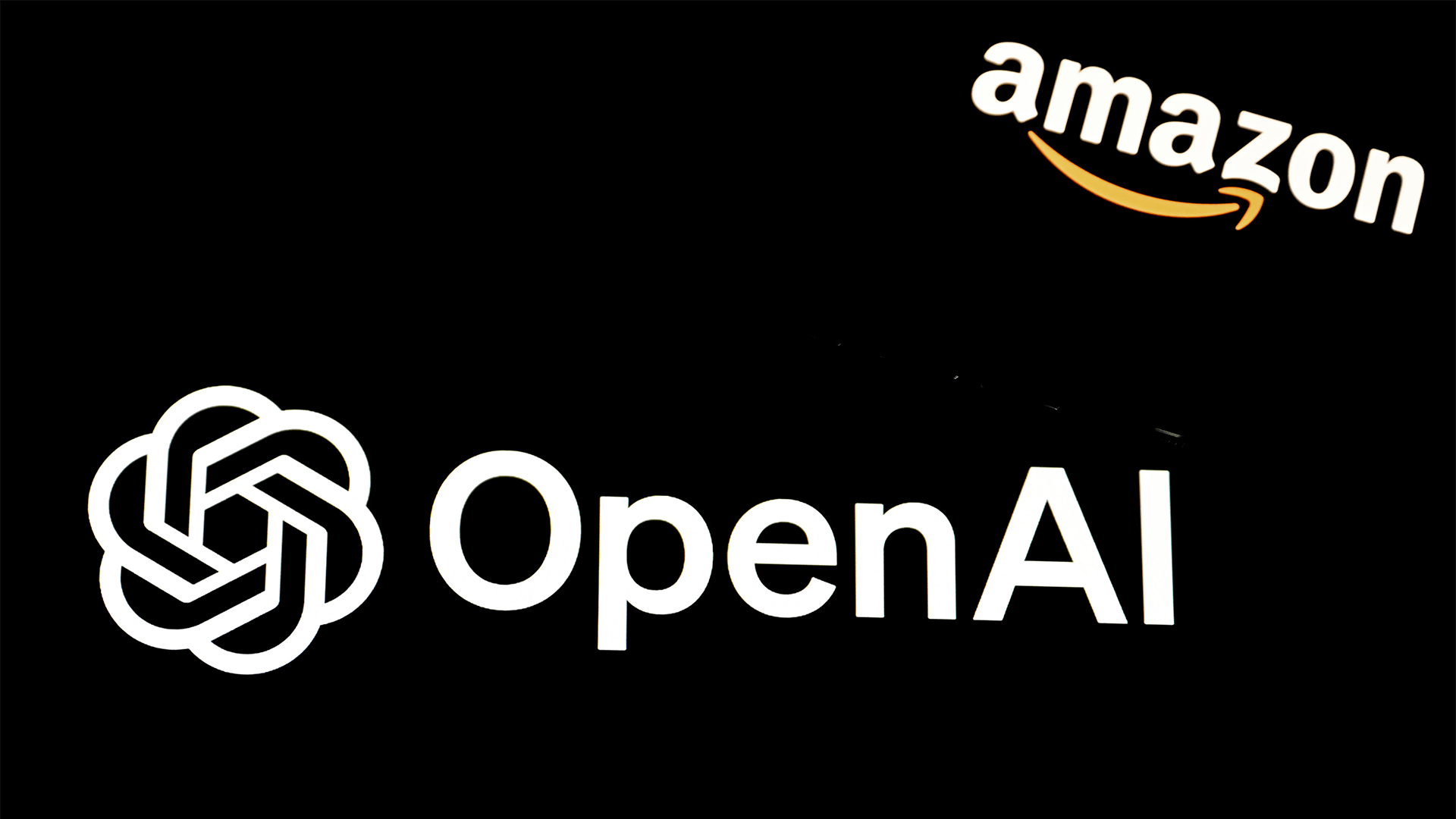Hosted CRM
Take the cluetrain into the world of hosted customer relationship management. Simon Bisson takes a look at four of the best solutions on the market today

Sign up today and you will receive a free copy of our Future Focus 2025 report - the leading guidance on AI, cybersecurity and other IT challenges as per 700+ senior executives
You are now subscribed
Your newsletter sign-up was successful
Business is a conversation. The dot-com bible The Cluetrain Manifesto wasn't wrong. In these days of tightening margins and flexible businesses, however, it's important that you have as close a relationship with your customers as possible. You need to be able to respond to their every need - perhaps even before they know they need it. That's where Customer Relationship Management (CRM) software comes in: it's a tool that helps you keep track of your conversation with your customers.
CRM is a technology that's finally gone beyond the buzzwords. As more and more business processes are automated and customers start contacting you by phone, email and the web, it has become important to find tools that help keep track of just who your customers are and just what they want from you. CRM isn't just about managing call centres or sales staff; it's about increasing revenues, reducing costs and improving customer satisfaction. It's not just the sales team that need CRM - everyone in the business will have some contact with your customers, so it's important that the entire company has one consistent and coherent view of the customer.
Running a CRM system can be a complex task. Server applications need to be maintained and kept running 24/7, while client applications need to be delivered to desktop PCs, and even installed on PDAs and smartphones. So why set up a CRM system yourself? If you're running IT for a small or medium business you probably don't have the staff, the time or the budget to implement a full blown CRM solution yourself.
There is an alternative, however, and it comes in the shape of hosted solutions - where the price you pay each month is fixed, and the service runs on someone else's servers. You don't need to worry about support, or updating and patching the code - or even rolling out a new version. You're not limited to web user interfaces, either. Some hosted CRM services link directly into common desktop email solutions, while others offer web service APIs that allow you to quickly add them into your line of business applications. With hosted solutions you don't need to worry about managing applications on your users' desktops. Web user interfaces arrive at the click of a mouse and all you need to worry about is whether your users' browsers have the appropriate security patches.
Working with online CRM should be no different from working with a local application. Broadband connections and today's Web 2.0-like technologies (everything from CSS formatting to the AJAX technologies pioneered in Outlook Web Access, along with the mix-up approaches of RSS and XML) have changed the way we look at, and work with, web applications. Web pages don't need to reload every time you make a change, and forms can look, and work, just like desktop applications.
Jason Nash, UK product manager for Microsoft Dynamics CRM, sees online CRM as part of a hybrid future, where CRM moves from your own systems to hosted and back again depending on your business' needs and resources. It's a function and a set of workflows that can be quickly mapped, described and understood - ripe for outsourcing. Hosted CRM makes it easy to get set up and can handle data from a wide selection of legacy sources, including Excel spreadsheets and database exports.
There are plenty of reasons for using hosted CRM, and there are now almost as many different solutions on the market. We looked at a selection of the tools currently available - two developed solely for the web, and three that come from stand-alone backgrounds.
Sign up today and you will receive a free copy of our Future Focus 2025 report - the leading guidance on AI, cybersecurity and other IT challenges as per 700+ senior executives
-
 CISOs are keen on agentic AI, but they’re not going all-in yet
CISOs are keen on agentic AI, but they’re not going all-in yetNews Many security leaders face acute talent shortages and are looking to upskill workers
-
 Why Amazon’s ‘go build it’ AI strategy aligns with OpenAI’s big enterprise push
Why Amazon’s ‘go build it’ AI strategy aligns with OpenAI’s big enterprise pushNews OpenAI and Amazon are both vying to offer customers DIY-style AI development services